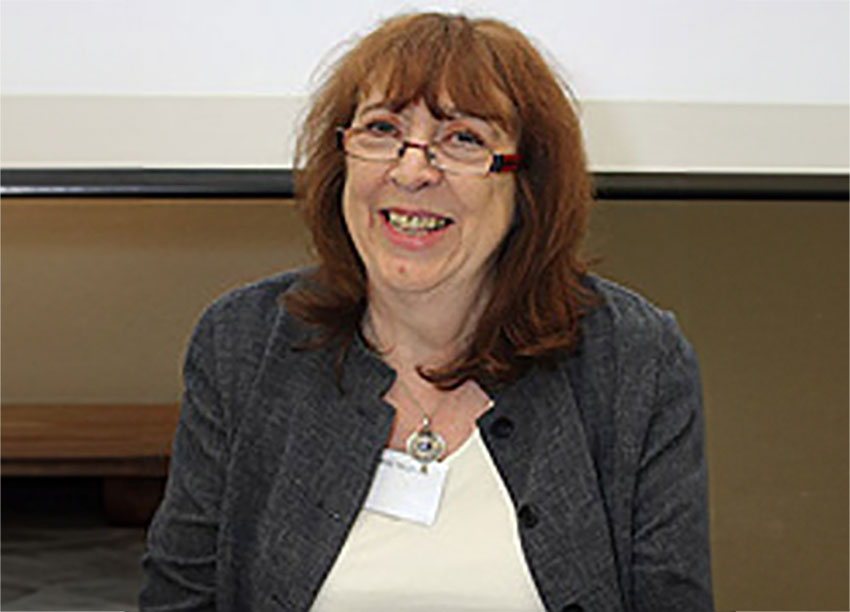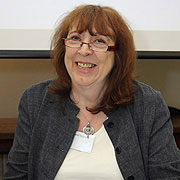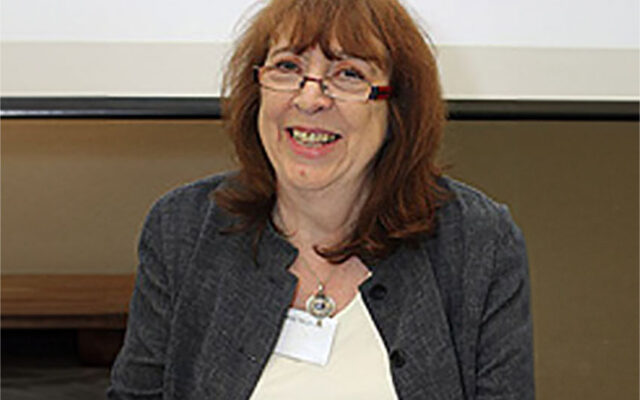I first met Rose Trustam three years ago when I took over as editor of Community Living magazine. Before then, as the arts correspondent, I had heard a lot about her – something of a mythical figure who had rescued the magazine from potential bankruptcy, taken on the role of publisher and had even, I was told, used some of her own money to save it.
She lived up to expectations. A relentless, unstoppable campaigner for the rights of people with learning disabilities, she saw the magazine as an important part of the mission to achieve equality and inclusion. Words came out of her in a torrent, always about some injustice that was occurring and how it needed to be, and could be, fixed. She was irresistible, and utterly focused on the cause.
Rose was incredibly kind, and one of the most selfless people I have ever met. She always had time for individuals or families who came to her for advice, or help or support, or just encouragement. She retained all the best traditions of the involved, concerned social worker, a type now sadly in short supply.
She told me about her illness when I first took over as editor, as she thought I should know, but would brook no sympathy or concern.
After our quarterly editorial board meetings in London Rose and I would go for a coffee near Euston station before she took her train back to Lancashire (ticket paid from her own money of course). She once told me that they were trying a new drug regime which they hoped would hold back her cancer, and then swiftly moved on to talking about the learning disability housing forum she was involved in. I felt that I had not responded sufficiently so I interrupted her to say, ‘I do hope the new drug regime works well for you Rose.’ She peered back at me over her glasses and said – ‘Yes, so do I’ – before resuming the housing forum conversation.
Supportive and tough
She was a very supportive boss to work for. When I made it clear that I didn’t want to be responsible for the design and layout of the magazine (not my skill set), but only for writing and commissioning the content, she went off to solve the problem. She rang me a few days later, to say ‘Please ring this person and see what you think – I think you’ll like her.’ She had found Christy Lawrence, our brilliant production editor. Not only had Rose tracked down somebody very skilled for the job, she had sensed that Christy and I would work well together as a team.
She was supportive but also tough. She was once unhappy with one of my early covers for the magazine. I tried to defend myself over a coffee with her. In her usual fashion she moved her glasses to the end of her nose, stared me down, and said – ‘Well don’t worry. You won’t do it again.’
When the inevitable finally happened and she began to succumb to her illness Rose never stopped being Rose. She was sending out emails, sharing information, checking on things about the magazine, until two days before she was admitted to hospital. It was sometimes difficult to watch, as her emails became incoherent and she was clearly struggling, but it was never going to be any different for her – selfless to the end, far more worried about everyone else than herself, and absolutely focused on the rights of people with learning disabilities, the abiding passion of her life.
I shall miss Rose very much, and so will many others. If you met her once you would never forget her. She was an utterly dedicated campaigner, a force to be reckoned with, and someone who devoted her life to the cause. She is a huge loss to the community of people with learning disabilities and their families.




